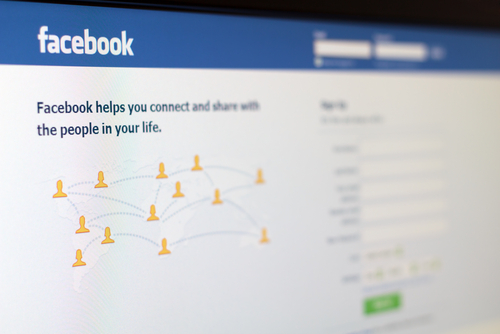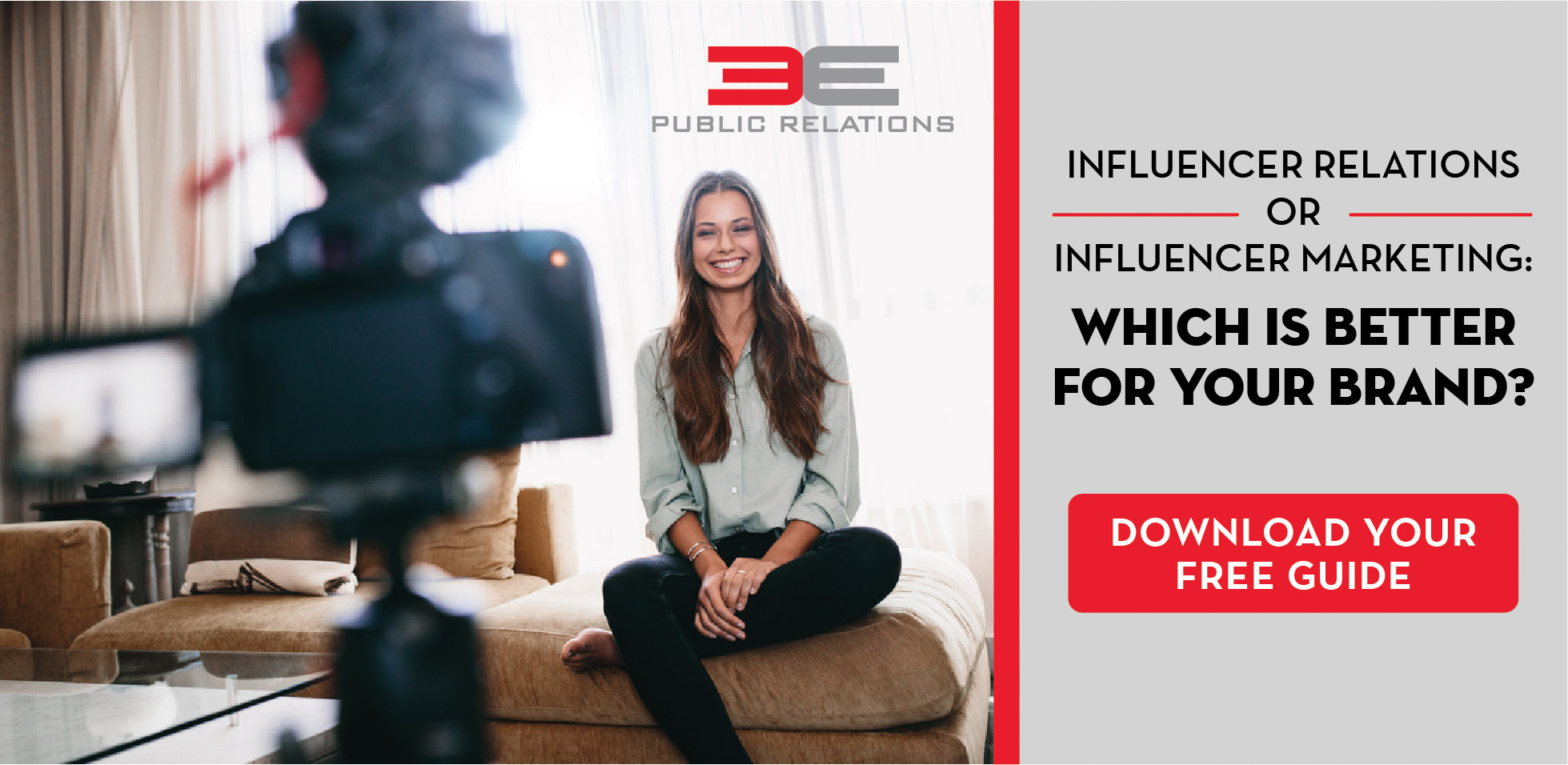Patrick Brightman - 01/22/2018
 There’s a new Facebook algorithm in town and brands everywhere are starting to wonder how this change is going to impact their social media presence. You may recall, the social giant made another algorithm change in 2016 that prioritized posts shared by friends and family over those from publishers, brands, and other pages. So, how is this new algorithm different and how will your brand’s social strategy be affected? In this blog, we’ll explain what led to Facebook’s decision, explore what it means for brands, and show why you will need to ramp up your influencer collaborations.
There’s a new Facebook algorithm in town and brands everywhere are starting to wonder how this change is going to impact their social media presence. You may recall, the social giant made another algorithm change in 2016 that prioritized posts shared by friends and family over those from publishers, brands, and other pages. So, how is this new algorithm different and how will your brand’s social strategy be affected? In this blog, we’ll explain what led to Facebook’s decision, explore what it means for brands, and show why you will need to ramp up your influencer collaborations.
What is the New Facebook Algorithm?
On the night of January 11, Facebook CEO Mark Zuckerberg made a major announcement, or dropped the digital equivalent of a “nuclear bomb” as some media sources have been calling it. In a post on the platform, Zuckerberg revealed Facebook is making updates to its News Feed that will result in users seeing less content from business and brand pages, and more content from family and friends.
What’s the rationale behind the change? Facebook has received feedback from its community that posts from businesses, brands and media are crowding the News Feed and taking away from content being shared by people in their network. The new algorithm is designed to create a more authentic and personal experience for users. The company believes the shift will allow people to have more valuable and relevant conversations on the platform which will improve “well-being.” The change will roll out slowly and Facebook has warned that as it does, Business Pages will most likely see their reach, video watch time and referral traffic fall.
What Does the Algorithm Update Mean for Your Brand?
This update will make it even more challenging for brands to get their organic content in front of users. This isn’t an entirely new challenge for businesses. Over the past few years, tweaks to the Facebook code have diminished the reach of page content, forcing brands to spend more on boosted posts and ads to make sure people see their unique content. The new algorithm will make it necessary for brands to have an ongoing advertising strategy that supports their organic content. There’s another rub. Facebook has predicted the change will cause users to spend less time on the platform. This will create fewer opportunities for brands to serve ads, which will likely drive up prices.
Brands still have an opportunity – albeit a more limited one. The algorithm change places greater focus on the need for brands to focus on creating more engaging, shareable content. The new algorithm will place priority on content that creates “meaningful conversations” rather than posts that are overly promotional. Facebook Live will continue to drive interactions on the platform and therefore, should be part of every brand’s content development strategy – at least for the near future. The change also means brands should explore the value of engaging and authentic influencer content.
Why Will Influencer Relations and Marketing Be More Impactful?
 Although this change may be causing an uproar among brands and publishers, it may be good news for a certain group inside the media industry — influencers. As Facebook begins to favor content from friends and family, brands will have an opportunity to leverage the authentic relationships influencers maintain with their audiences. Influencers have always been people-minded first, and marketers second, so their meaningful, organic content will maintain a strong rank in News Feed despite the new algorithm. The power will be in the hands of the influencers, but it’s up to the brands to decide how to derive value from it.
Although this change may be causing an uproar among brands and publishers, it may be good news for a certain group inside the media industry — influencers. As Facebook begins to favor content from friends and family, brands will have an opportunity to leverage the authentic relationships influencers maintain with their audiences. Influencers have always been people-minded first, and marketers second, so their meaningful, organic content will maintain a strong rank in News Feed despite the new algorithm. The power will be in the hands of the influencers, but it’s up to the brands to decide how to derive value from it.
There are two types of influencer collaborations brands can explore as the new algorithm hits:
- Influencer Relations – this form of influencer collaboration shares many similarities to traditional media relations. You must do your homework to ensure the influencer you select has the proper following, understand the influencer and what he/she posts, develop a relationship, and then curate that relationship for long-term success. These long-term, trust-based relationships with shared value creation do not happen overnight, but the investment generally has a greater ROI.
- Influencer Marketing – influencer marketing is more akin to the traditional advertising model. You must do your homework in this scenario, as well, but it is a strictly pay-to-play model that does not require the same level of relationship building.
Learn more about these influencer tactics and how they can help you achieve and accomplish your social media goals.

